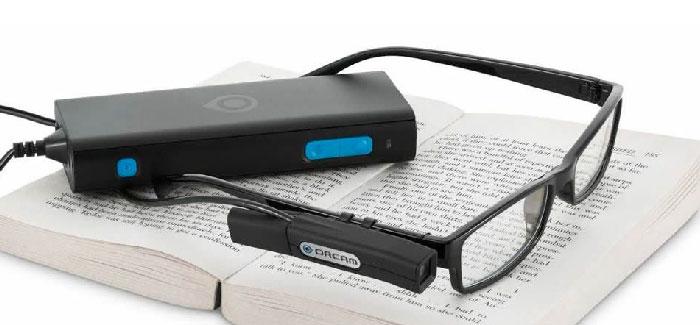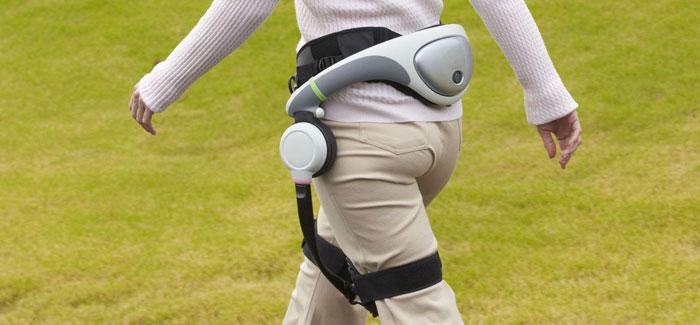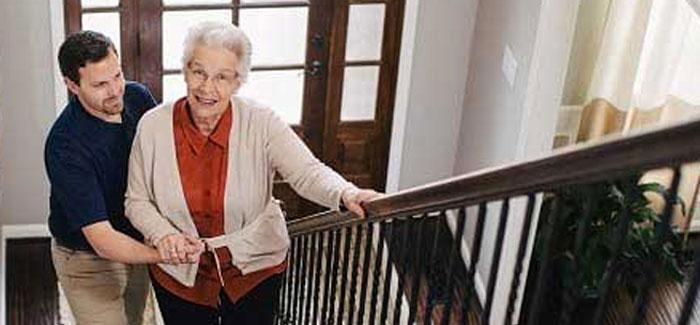
16/05/2019
When we think of the possible technologies in twenty years, we imagine flying cars and androids as companions of life. We are not far from this reality thanks to Mobotics Lab, but their motivation is much more virtuous than in sci-fi movies. Mobotics Lab is a research team founded by Karma Medical Products, one of the world's most influential wheelchair suppliers. Engineers and programmers who are passionate about robotics have created a new means of travel assistance for the elderly: iBuddy. The first intelligent wheelchair, this robot is designed to help seniors stay independent and stay active while enjoying the benefits of the digital platform. Without a doubt, this innovation will change the way you see support for mobility.
IBuddy: a friend!
iBuddy pushes the boundaries with its futuristic design and advanced features such as robotics and artificial intelligence. This new means of home support allows seniors to continue their daily activities. Through a series of sensors and electronic patents, the iBuddy collects and analyzes the surroundings in real time. It follows its owner because of the iBuddy app for smart phones and can replace an attendant during outdoor activities or at the home of the concerned. This robot is a mobility solution that involves more interaction, more insanity and encourages seniors to use their wheelchair when they need it. Indeed, when the user feels tired, iBuddy becomes a motorized chair. The person does not have to worry about walking too long or falling. With a simple push on the control panel, the patented seat moves automatically to help the user to sit down. What's more, the computer records the destinations and can even bring the person home safely! Means of transport, GPS, companion output, this chair propels the mobility aid to a whole new level.
Stay connected with the iBuddy!
This unique device promotes innovation, autonomy and simplicity. Since it can be controlled remotely through his phone, the information in the iBuddy can send alerts and update. Connected to the Internet, the robot can transmit to the family members or guardians the location of the elder and his movements. These small reports can also be sent to Mobotics Lab for analysis. This helps them to improve iBuddy's performance as well as to detect potential technical issues. What's more, there is no danger of losing important data since the system backs them up to a cloud server.
In conclusion, we do not know when the first prototypes will be offered to the public. However, the work and results brought by Mobotics Lab concretize the idea of a robot taking care of seniors. Officially presented at the Rehacare Exhibition in Germany in 2018, the iBuddy is not yet on the market, but could meet another demand: the lack of staff in medical institutes or homes for the elderly.
- Katherine Massicote
ADDITIONAL SOURCES
https://www.karmamedical.com/moboticslab/ibuddy/
https://www.karmamedical.com/2018/10/ibuddy-attoday/
http://attoday.co.uk/index.php/could-this-futuristic-new-prototype-be-the-future-for-wheelchairs/
https://www.accessandmobilityprofessional.com/karma-unveils-robotic-wheelchair-that-follows-its-user-around/


